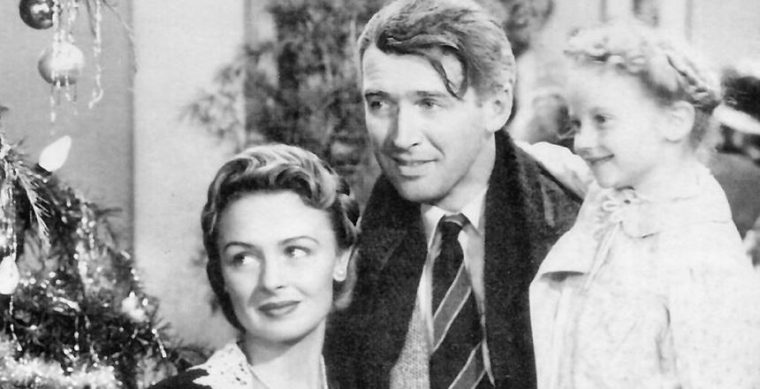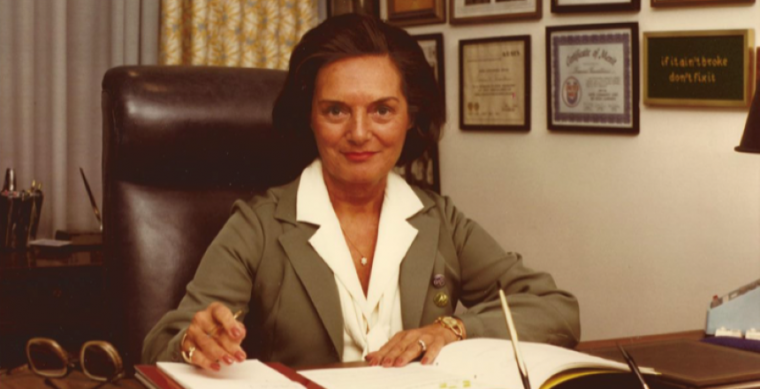
The announcement comes down from above: the current boss is leaving and a new boss from outside the team has been chosen. What if this change takes the team by surprise and little more is shared about the situation? Now, if the current leader has been ineffective or difficult to work under, then this news may come as a relief to the people on the team. Regardless, cue the side conversations and speculation and the range of emotions that come with it, chief among them nervousness. What will this new boss be like? Is the person a command-and-control type who will dictate all sorts of changes? Is anyone’s job safe? Will they be connection-minded, welcoming input and establishing a sense of belonging and collaboration?










